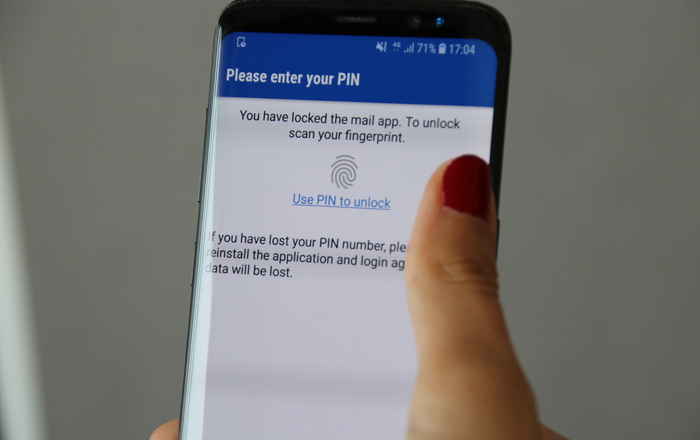30% of people say that typing in a password is still their preferred method of logging in to their online accounts according to a survey of 1,050 people in the UK carried out by email services company GMX.
Compared to a similar GMX survey in 2016, this number has almost halved from 61%. Despite this, alternative login methods have not yet become widely accepted. The most favoured biometric authentication method in 2019, fingerprint recognition, is only used by 22% of Brits (compared to 15% in 2016) while iris scans (4%), facial (1%) and voice recognition (1%) hardly feature at all.
While passwords are still the number one login method, many internet users continue to struggle with them: 30% said they had at least ten different online accounts; 43% said that the number of different passwords that they had to remember was ‘overwhelming’; and 8% even said that trying to remember all their passwords was ‘more stressful than a divorce or changing jobs’.
The use of technical support to manage passwords however is not yet widespread. 40% said that they simply ‘remembered’ their passwords but many of them still struggle to do this: 19% said that they get locked out of an account at least once a month because of multiple incorrect attempts to access it. Given the choice between Single Sign-On services (where you can log in with any device – laptop, PC, smartphone, etc.) or a password manager (where each service has to be logged in separately with its own password), 32% preferred Single Sign-On while 24% chose password manager. (A further 24% said they had no preference).
“This survey shows positive signs that consumers are ready to accept biometric authentication once their data privacy concerns have been met so it is up to providers to meet those privacy demands by demonstrating that they are complying with all the relevant laws. The combination of convenience and data protection will create further demand for biometric security”, says Jan Oetjen, Managing Director of GMX.








